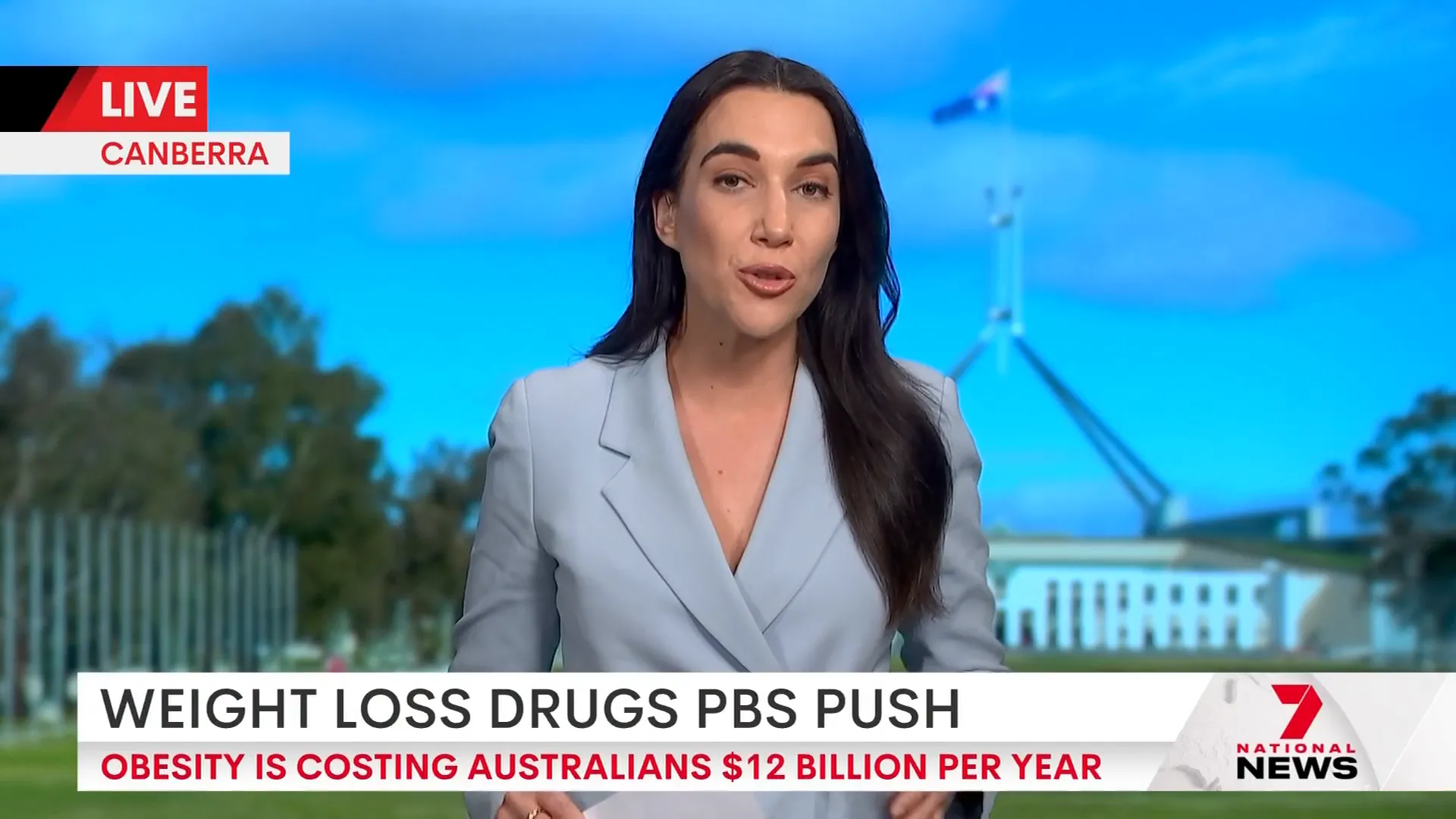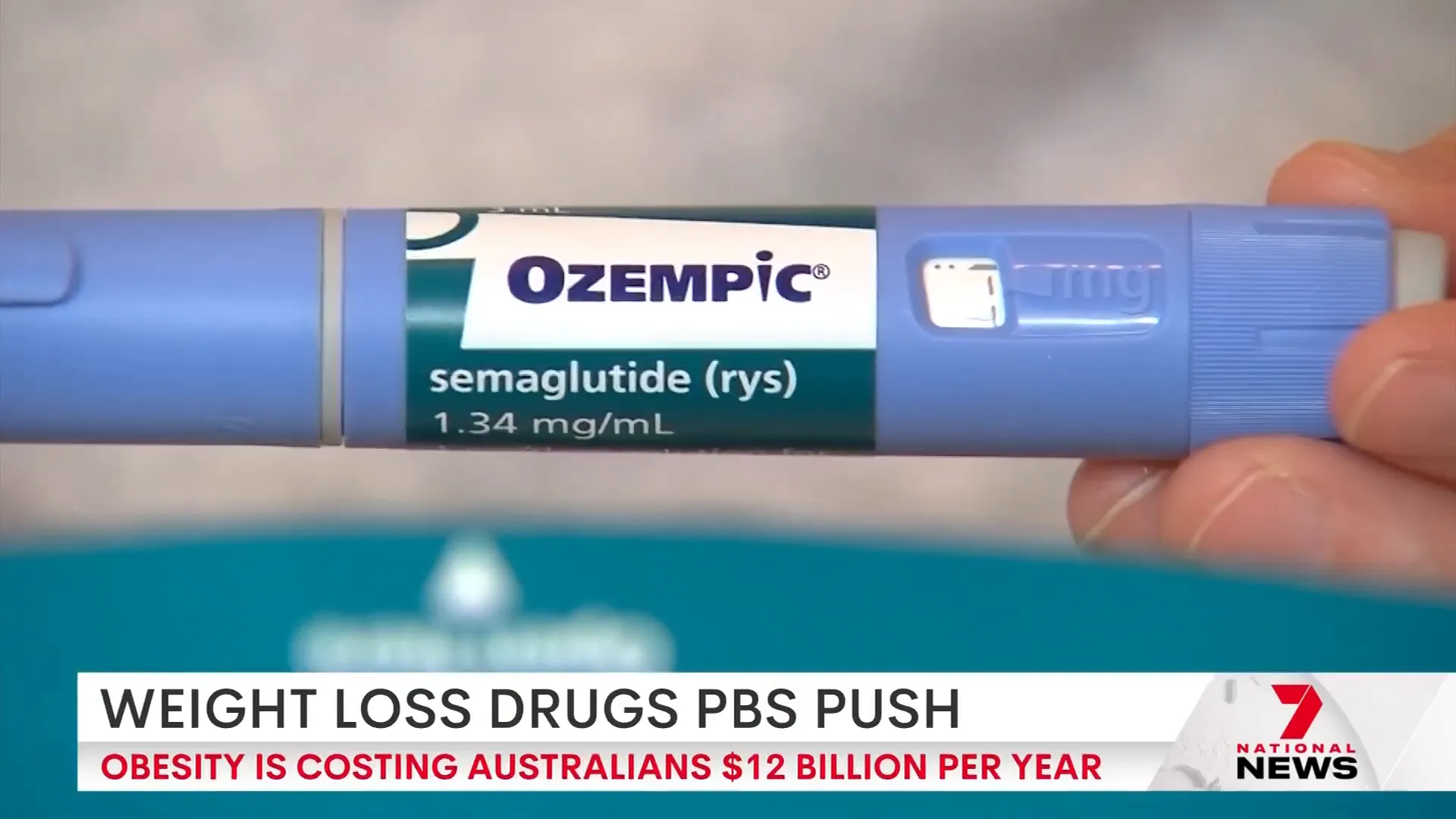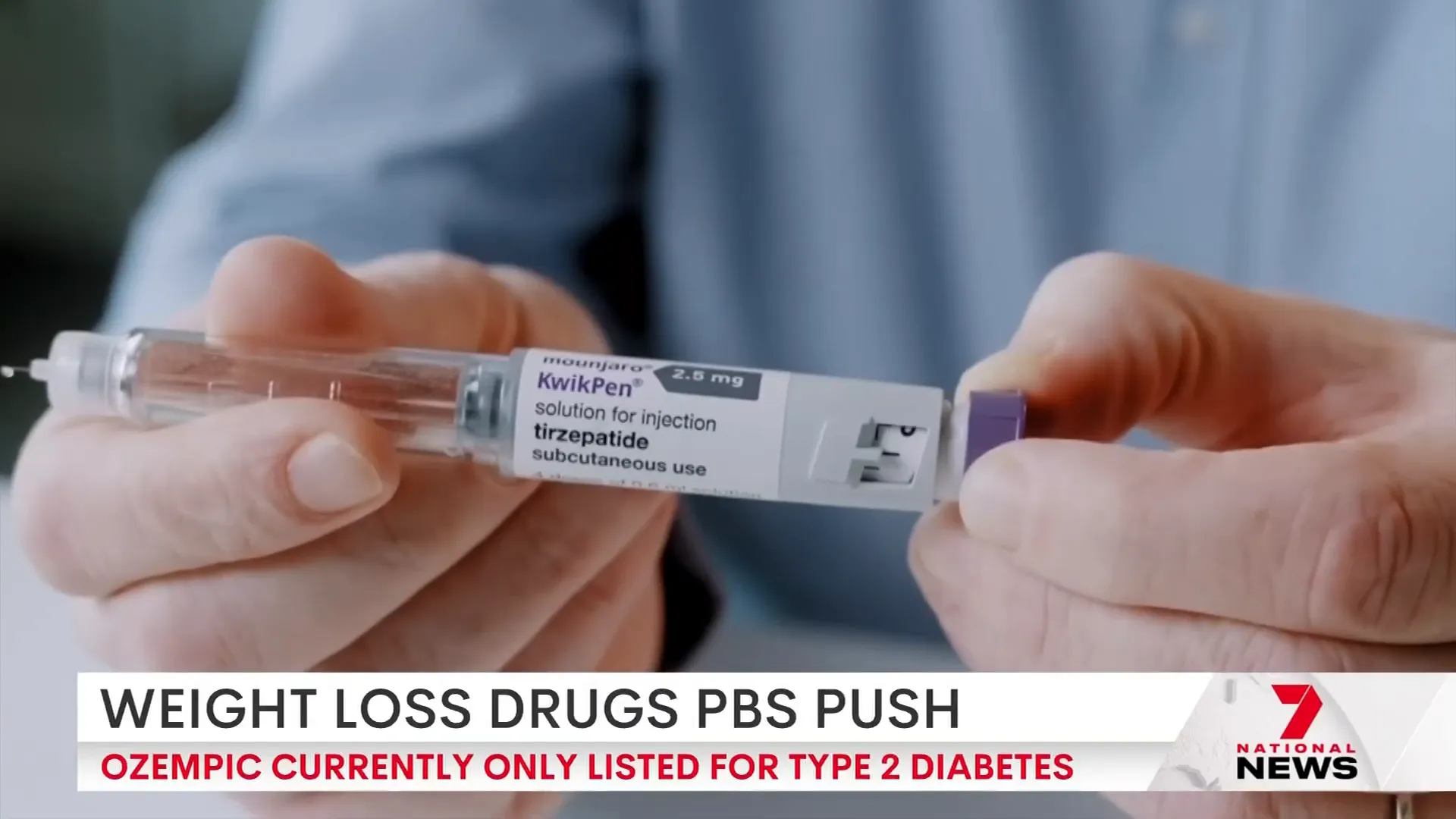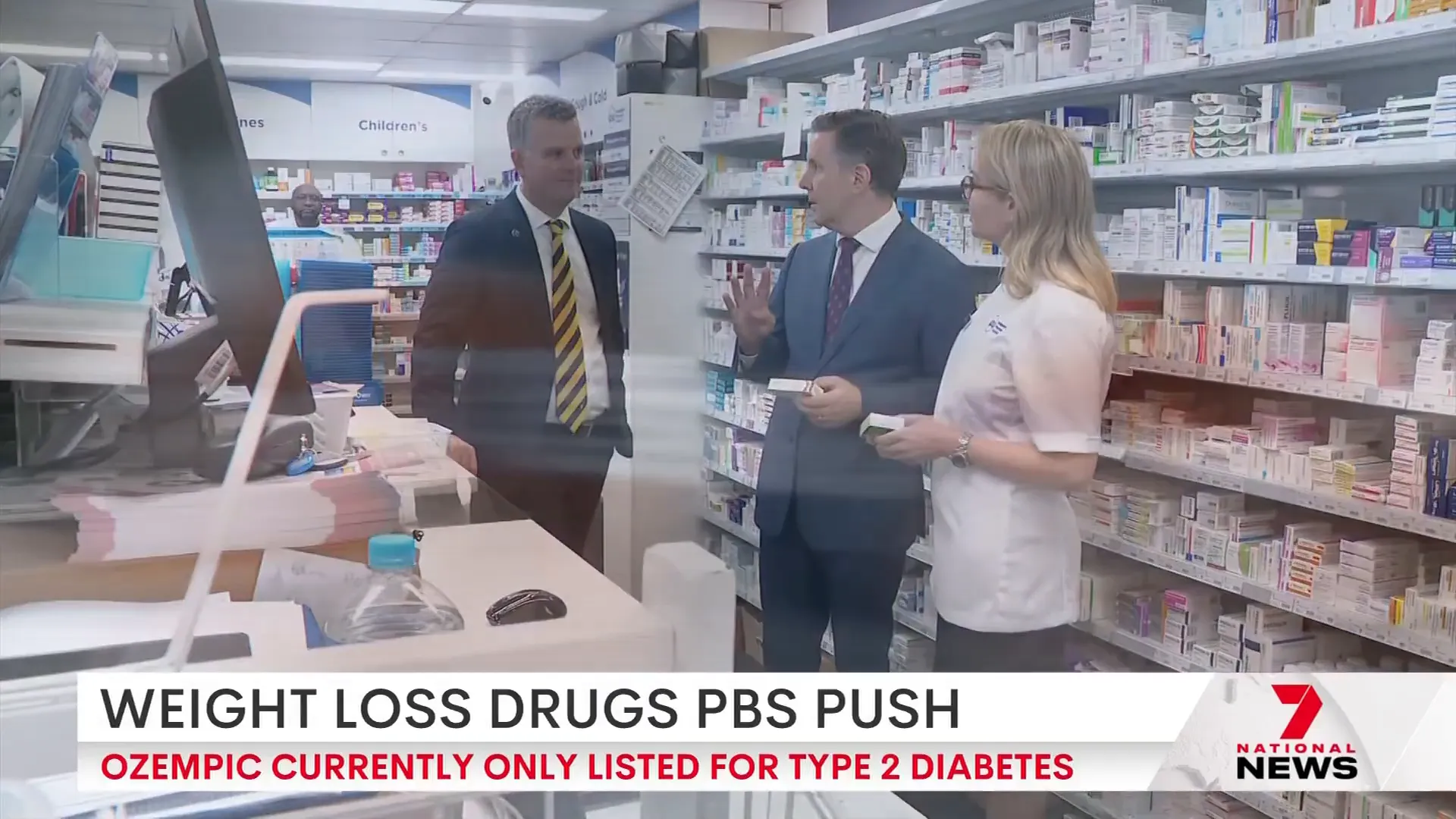Jul 3, 2025
Government Pushes for Weight Loss Drugs on PBS to Combat Rising Obesity Costs

The Australian government is intensifying efforts to address the growing obesity crisis by urging the nation's leading pharmaceutical advisory body to consider listing weight loss drugs on the Pharmaceutical Benefits Scheme (PBS). This push comes amid mounting concerns over the financial and health impacts of obesity, which is costing Australians billions every year and affecting a significant portion of the population.
Table of Contents
- The Economic and Health Toll of Obesity in Australia
- Advocacy for Weight Loss Drugs on the PBS
- Concerns About Unsupervised Use of Diabetes Medications
- Government Response and Next Steps
- Frequently Asked Questions (FAQ)
- Conclusion
The Economic and Health Toll of Obesity in Australia
Obesity is no longer just a personal health issue—it has become a major economic burden for Australia. Currently, obesity-related health problems cost the nation approximately $12 billion annually. Experts warn that without effective intervention, this figure could skyrocket to an alarming $87.7 billion within the next decade.
One of the most concerning statistics is that up to three out of four Australians are clinically classified as obese. This widespread prevalence underscores the urgent need for accessible and effective treatment options.

Advocacy for Weight Loss Drugs on the PBS
Doctors specialising in obesity management are advocating for change. They recommend that individuals with a body mass index (BMI) of 40 or higher should be eligible to access weight loss medications through the PBS. Currently, no weight loss drugs are listed on the PBS for obesity treatment specifically.
While drugs like Ozempic are available on the PBS, they are approved only for managing type 2 diabetes and not for weight loss. This distinction has led to complications, as some people with obesity try to access these medications without proper medical oversight, which can be unsafe.

Concerns About Unsupervised Use of Diabetes Medications
Using medications like Ozempic off-label for weight loss can present risks. Without medical supervision, individuals might face adverse effects or inappropriate dosages. The lack of officially approved weight loss drugs on the PBS means many people are left to self-manage, potentially leading to dangerous health outcomes.

Government Response and Next Steps
Mark Butler’s office has acknowledged the issue and is currently awaiting recommendations from the Pharmaceutical Benefits Advisory Committee (PBAC). This committee is scheduled to meet in the coming weeks to review potential listings for weight loss drugs on the PBS.
If approved, this move could significantly improve access to medically supervised weight loss treatments, helping to curb the obesity epidemic and reduce its economic impact.

Frequently Asked Questions (FAQ)
What is the Pharmaceutical Benefits Scheme (PBS)?
The PBS is an Australian government program that subsidises the cost of prescription medications to make them more affordable and accessible to the public.
Why are weight loss drugs not currently listed on the PBS?
Currently, weight loss medications are not listed because they have not yet met the criteria or undergone the approval process required by the Pharmaceutical Benefits Advisory Committee for obesity treatment specifically.
What BMI qualifies someone for potential access to these drugs?
Doctors are advocating for individuals with a BMI of 40 or higher to be eligible for PBS-listed weight loss drugs.
What are the risks of using diabetes medications like Ozempic for weight loss?
Using these medications without medical supervision can lead to incorrect dosing, side effects, and other health complications since they are not officially approved for weight loss.
When will a decision be made about listing weight loss drugs on the PBS?
The Pharmaceutical Benefits Advisory Committee is meeting in the next few weeks to consider recommendations, after which the government will make a decision.
Conclusion
The escalating obesity crisis in Australia demands urgent and effective action. With obesity-related costs projected to soar and a vast majority of Australians affected, expanding access to weight loss drugs through the PBS could be a pivotal step. Medical experts and government officials alike recognise the potential benefits of this approach, which promises safer, supervised treatment options for those struggling with obesity.
As the Pharmaceutical Benefits Advisory Committee prepares to meet, all eyes will be on their recommendations and the government’s response, which could reshape obesity management in Australia for years to come.